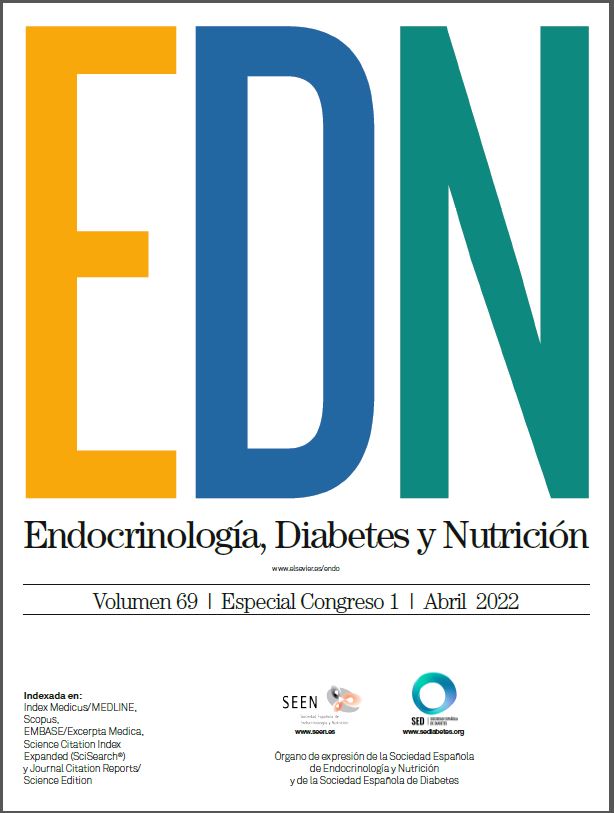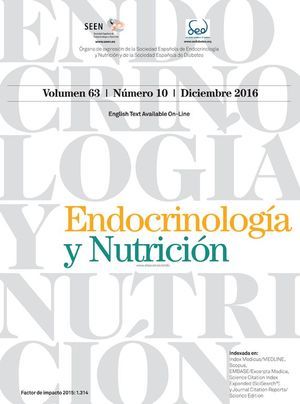CO-015 - STEM CELL DERIVED FUNCTIONAL BETA CELLS TO MODEL DIABETES CAUSED BY GENETIC DEFECTS IN THE REGULATORY GENOME
aCentro de Regulación Genómica, Barcelona, Spain. bCIBER de Diabetes y Enfermedades Metabólicas Asociadas, Barcelona, Spain. cSection of Genomics and Genetics, Department of Medicine, and National Institute for Health Research (NIHR) Imperial Biomedical Research Centre, Imperial College London, London, United Kingdom.
Objectives: Over 50% of patients who are clinically diagnosed with Mendelian inherited diseases remain genetically unexplained. This is despite extensive exploration of the coding part of the genome using next generation exome sequencing. It is therefore reasonable that a fraction of such patients harbor disease causing mutations in the noncoding part of genome, specifically within regulatory regions. Also, previous work has shown that genetic variants associated with type 2 diabetes are strongly enriched in islet-specific regulatory elements. In order to investigate how regulatory defects lead to diabetes, we have established a disease modeling platform based in the generation of pancreatic islets from human pluripotent stem cells, which have been engineered to carry regulatory genetic defects putatively causing diabetes.
Material and methods: We used CRISPR-Cas9 tools to introduce candidate regulatory genetic defects in human pluripotent stem cell lines. We then employed an optimized differentiation protocol to generate functional stem cell derived islets and comprehensively interrogated their functional, cellular, transcriptional and epigenetic phenotype against healthy controls using dynamic insulin secretion assays, intracellular antigen flow cytometry, RT-qPCR and CHIP-seq.
Results: We generated human pluripotent stem cells with a deletion in the promoter of HASTER, a long non-coding RNAs that is transcribed on the opposite strand of HNF1A, the most commonly mutated gene found in monogenic diabetes cases. We differentiated these cells to human pancreatic progenitors and compared them with non-deleted controls. Pancreatic progenitor cells with the promoter deletion presented a 62% decrease in HNF1A mRNA and low heterogeneous HNF1A protein levels, demonstrating that this element is regulating HNF1A expression in human pancreatic multipotent progenitor cells. Genetic defects in a PTF1A enhancer have been found in more than 40 individuals with recessive pancreas agenesis. We engineered deletions of this enhancer in human pluripotent stem cells and differentiated them to functional islet pancreatic cells. PTF1A enhancer deleted cells presented abolished PTF1A mRNA and protein expression at the pancreatic progenitor cell stage, together with reduced expression of PDX1 and MNX1 pancreatic progenitor markers. At the islet cell stage, PTF1A enhancer deleted cell lines presented lower insulin mRNA expression, reduced proportions of cells expressing insulin and diminished insulin secretion levels.
Conclusions: We demonstrate that the generation of cellular models based on genome edited stem cells differentiated to pancreatic cell types constitutes a powerful approach to dissect the molecular mechanisms and functional impact of regulatory genetic defects leading to diabetes.







